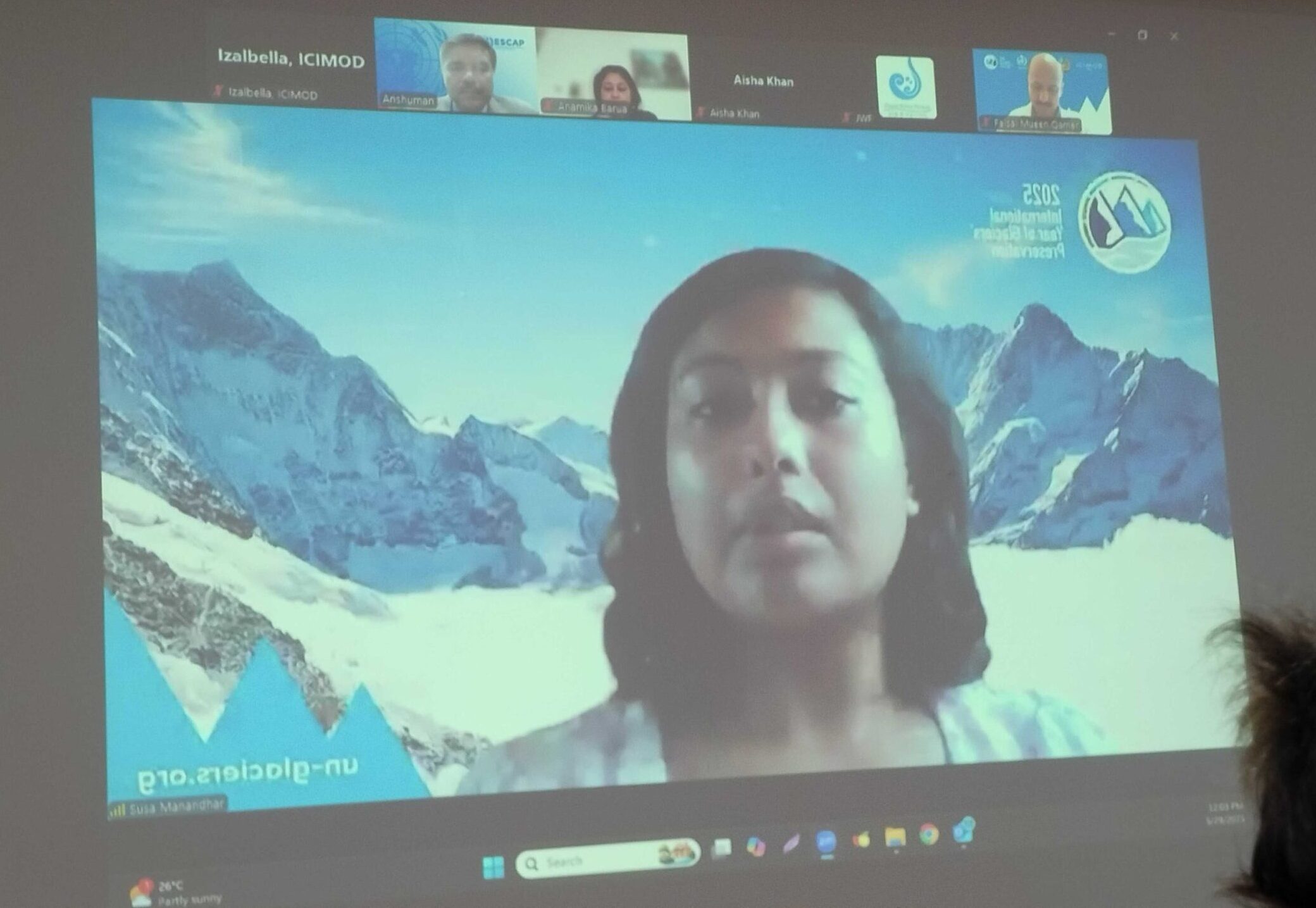On September 18, 2024, a team from The Small Earth Nepal, dedicated to environmental sustainability, met with members of the Rotary Club of Kathmandu and presented an idea for an innovative Waste Management Awareness Program. Dr. Dhiraj Pradhananga (President, SEN), Kitdor W. Kharbuli (Program Development Assistant, SEN), and Prapti Chalise (Research Intern, SEN), developed this initiative in response to the upcoming Clean Up South Asia in Nepal, coordinated by Miss Harine Somasundaram (Law/Arts Student, Australia /Affiliate, SEN). The initiative, set to be held in early November, is jointly coordinated with volunteers from Sri Lanka, Nepal, Pakistan, Bhutan, India, Bangladesh, and Maldives who share the same vision for a clean, sustainable future, specifically in regards to concerns about plastics.
The proposal developed by SEN aims to address the critical issues and challenges of solid waste management in our community among young students in Nepal, inspiring behavioral changes in them and their society. The SEN team in their presentation outlined the main objectives of the Waste Management Awareness Program, which included components of education and the promotion of proper waste management techniques.
The school waste tracking experiment aims to highlight the systemic aspects of the current waste management practices, especially the challenges of dealing with solid waste. In this regard, students will also learn about the various methods and techniques currently available to address them. With this background, students grouped into teams will carry out the social experiment at the household level. Along the way, the students will document their experiences of segregating waste over a week. The intention is to bring about a sociological reflection on the scale of waste generated from the micro (community and wards) to the macro level (city).
The program aims to bring together teachers, students, and environmentalists to bridge the existing gap between theory and practice. SEN members and school teachers will provide guidance to make the experience for the students as easy and effective as possible.
The Rotary Club members provided valuable feedback, expressing enthusiasm for the initiative and asking questions about implementation. They suggested scaling this idea across multiple schools in the country to maximize the benefits of the experiment, highlighting the importance of collaboration in making the program successful.
The meeting underscored the importance of collective action in tackling waste management issues. With support from the Rotary Club and the community, the Waste Management Awareness Program has the potential to make a significant impact on our local environment by shaping the next generation of environmentally conscious individuals. SEN will be taking this initiative further engaging schools and students and collaborating with like minded institutions including Rotary Club.






